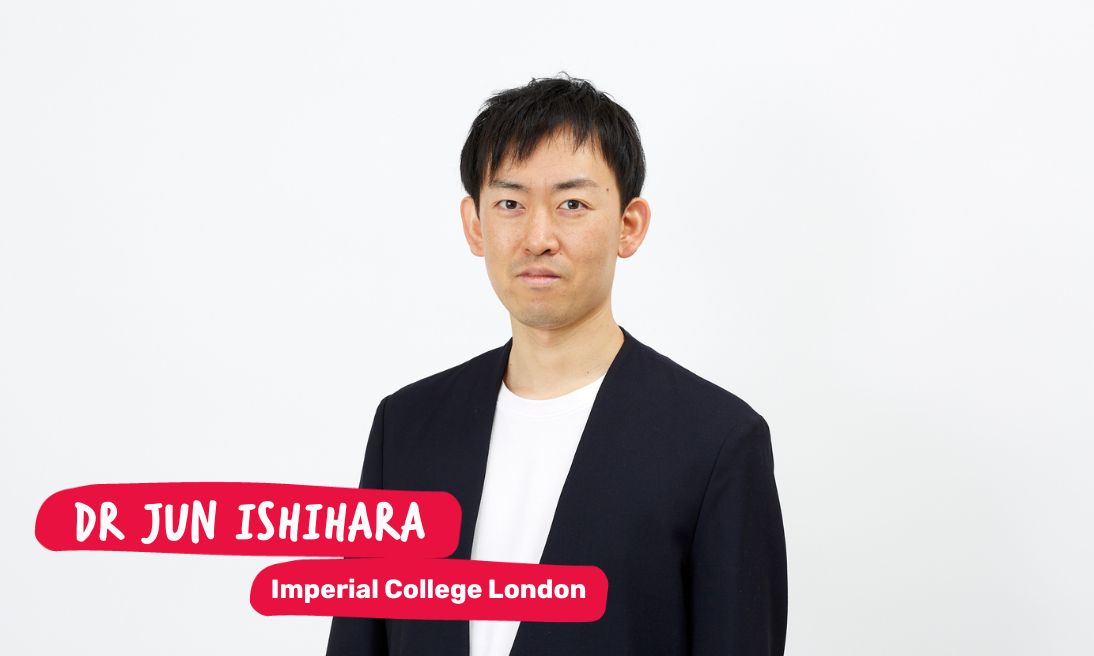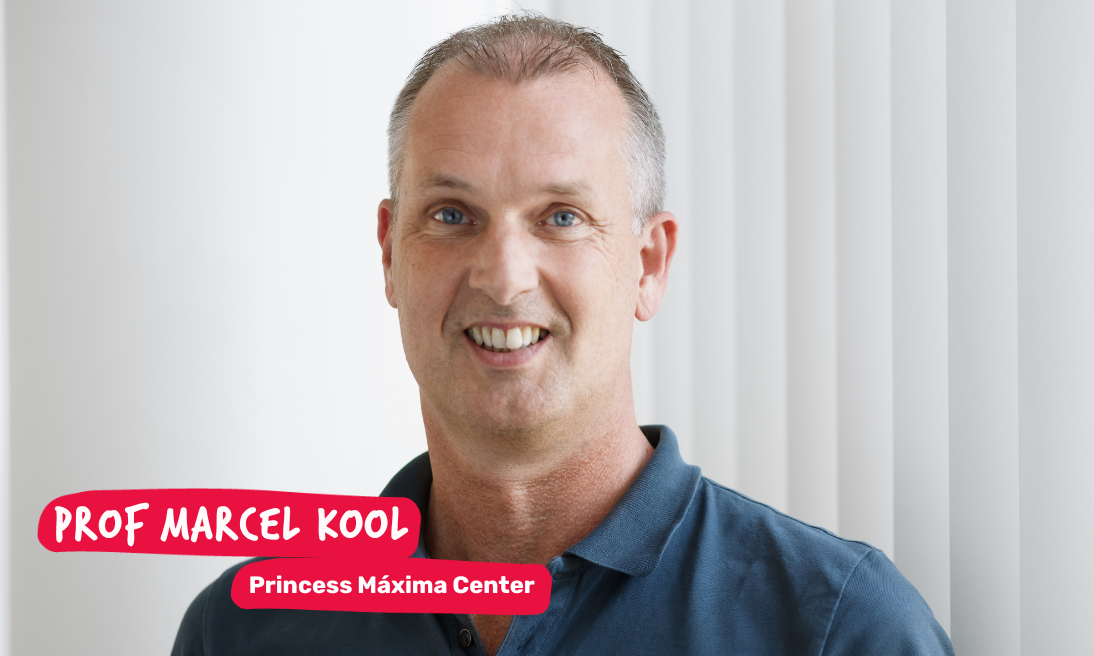The Brain Tumour Charity is proud to announce the latest recipients of our Quest for Cures Grant. These researchers have been awarded for their innovative projects and collaborative approach to research into brain tumours.
The Quest for Cures grants award funding of up to £1.5 million, over five years. These projects involve collaborating with researchers from different institutions and fields to create multidisciplinary teams. These teams aim to use technology, share knowledge and strengthen the ties between basic and clinical research – to ultimately bring us closer to finding a cure for brain tumours as soon as possible.
Immunotherapy to eliminate gliomas
Recurrent glioblastoma affects more than 3000 people a year in the UK. It has an average prognosis of just 12 to 15 months.
With a team of researchers in the UK and Japan, lead researcher Dr Jun Ishihara is working on a type of immunotherapy targeting glioblastoma cells. The therapy will involve the use of a compound known as interleukin-12, or IL-12, which has been engineered to reach the brain. Studies in mouse models using this drug have increased survival by 260% and prevented recurrence and spread of the disease. The drug will also be used in veterinary medicine to treat pet dogs with naturally occurring brain tumours.
Dr Ishihara and his team hope that this project can lay the foundations for the treatment to be taken to human clinical trials.

Dr. Jun Ishihara
Jun is a Lecturer in the Department of Bioengineering at Imperial College London. His laboratory works in the field of protein engineering, in research areas including cancer immunotherapy, autoimmunity, and regenerative medicine.
Growing model brains
Medulloblastomas are fast-growing brain tumours which develop in a part of the brain called the cerebellum. They are highly likely to spread to other parts of the brain and spinal cord. And are one of the most common aggressive brain tumours found in children.
Currently, the treatments available for this type of brain tumour come with a wide range of potentially serious side effects which can dramatically affect quality of life. An international team of researchers, led by Professor Marcel Kool and Professor Esther Becker, will use new, advanced cell culture techniques – where researchers grow cells in a laboratory – to grow human organ structures from stem cells and study how tumours can develop.
The team hope that their work will aid the development of suitable treatments targeting different subgroups of medulloblastoma.
Professor Marcel Kool
Marcel is a leading expert in paediatric brain tumours. His work focuses on precision diagnostics and innovative therapies. He leads a research group at the Hopp Children’s Cancer Center Heidelberg (KiTZ), Germany, and the Princess Máxima Center in Utrecht, and has recently been appointed as Professor of Childhood brain tumours at the University Medical Center in Utrecht.

Targeting senescent cells
Paediatric type diffuse high-grade gliomas are complicated to treat, and as such there are currently few options for patients.
Researchers in Prof Juan Pedro Martinez-Barbera’s team are seeking new approaches to treating these tumours. Data gathered in their previous work shows that senescent cells, which are alive but unable to multiply, can contribute to tumour growth and progression by sending signals to nearby cells. The team are working on developing treatments that target these cells to investigate if this will improve the effectiveness of existing treatments.
Professor JP Martinez-Barbera
JP is the Head of the Developmental Biology and Cancer Research & Teaching Programme at Great Ormond Street ICH. He has a background of research in paediatric craniopharyngioma and senolytics, and more recently has been investigating senescence in other types of paediatric brain tumours.

Follow the Quest for Cures grants
We’ll be following the progress of these Quest for Cures grants. We’ll be sharing updates on researchers’ work in the coming months and years. We can’t wait to see the impact they’ll have on the field of brain tumour research.
Emma Thompson, Head of Research at The Brain Tumour Charity
Our Quest for Cures grants encourage collaborative teams to join forces to improve our understanding of brain tumours. These grants bring together the best researchers in the field and are very much focused on improving the lives of those with this devastating diagnosis. We hope that this will bring benefits to patients faster while working towards The Brain Tumour Charity’s goal of accelerating a cure for brain tumours. We look forward to following and sharing the success of these projects in the future.
